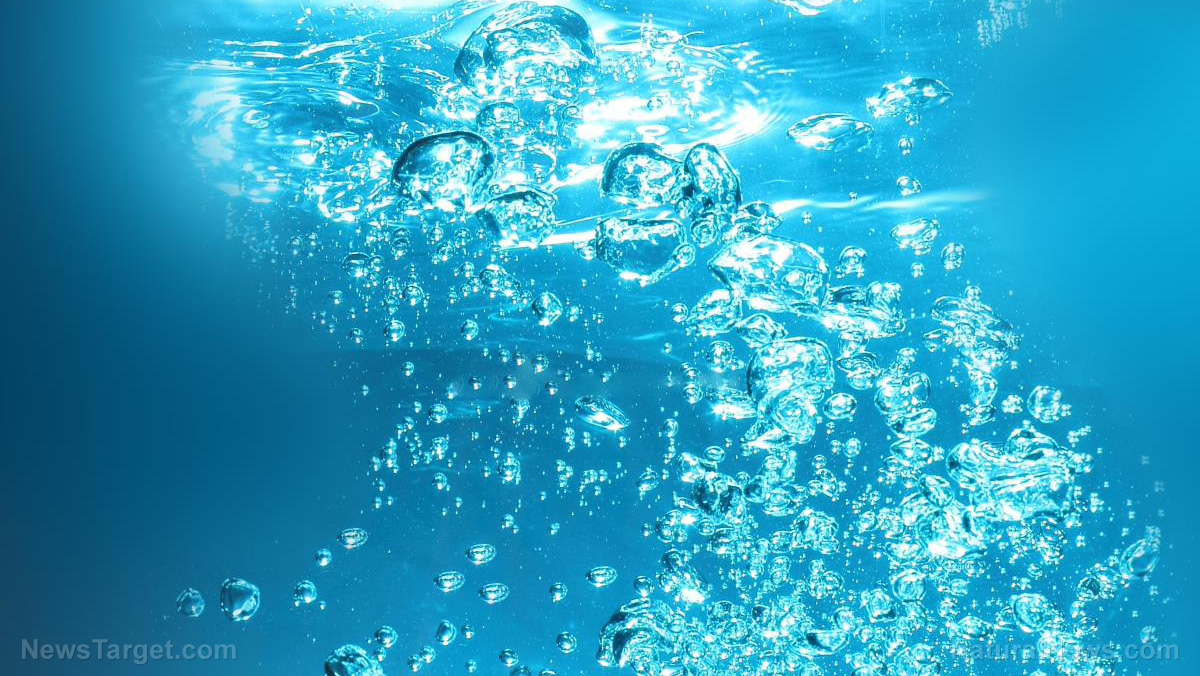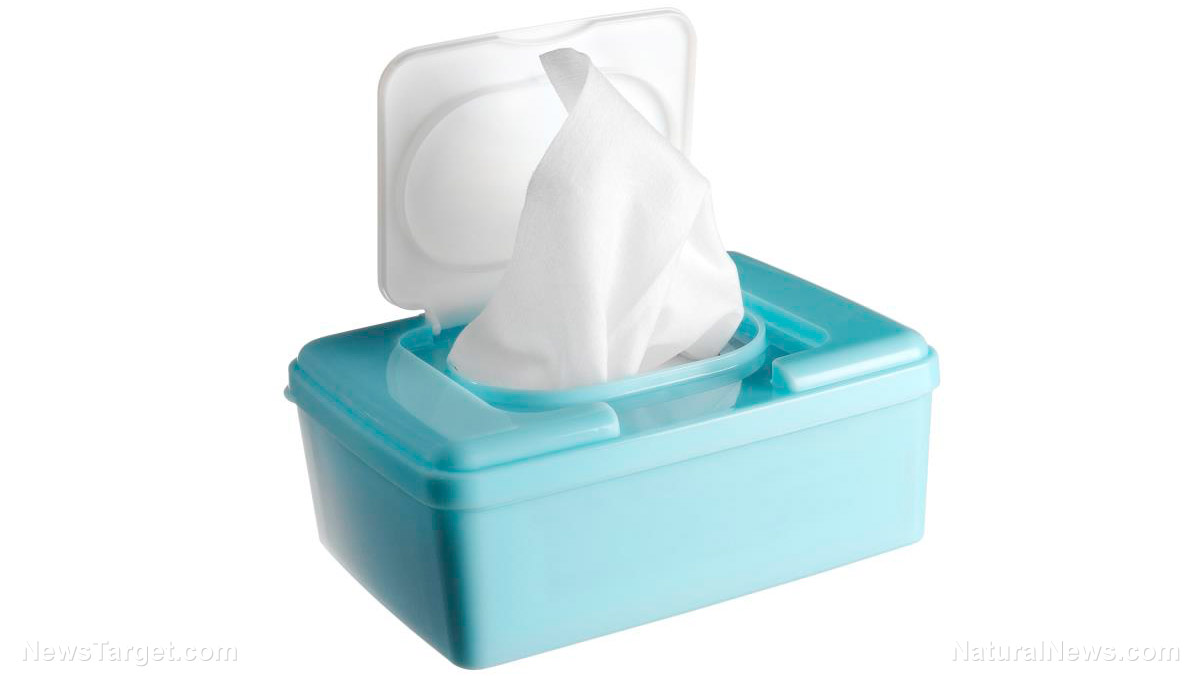
Bleach is often used to whiten clothes or remove stains when you're doing the laundry. But did you know that when SHTF, you can also use bleach to treat water or disinfect your home? (h/t to BeansBulletsBandagesAndYou.com)
If you're worried about having to spend more money to buy bleach for your survival stockpile, just buy common household variety bleach from the nearest store.
Bleach usually contains 5.25 percent sodium hypochlorite, while "household bleach" contains about three to six percent. Sodium hypochlorite is a potent oxidizing agent.
Survival uses of bleach
Bleach contains potent oxidizing agents that react with other organic compounds. When SHTF, you can use bleach to disinfect water, clean your home or treat eczema.
Using bleach to purify water
If you don't have clean water when disaster strikes, use bleach to purify water. This method works because bleach will kill most organisms that inhabit water, making it safer to drink.
To purify water using bleach, use a quarter teaspoon of bleach per gallon of water. Let the water sit for about one hour before drinking.
Bleach will help destroy bacteria, most viruses and other organisms found in dirty water. Note that Cryptosporidium, a parasitic protozoan, isn't 100 percent eliminated by bleach but it works against a lot of other organisms.
Water treated with bleach may also taste a little strange, but that's a small sacrifice to make to avoid water-borne diarrheal disease.
Using bleach to disinfect surfaces
When using bleach to clean up small messes at home, you'll need one tablespoon of bleach per gallon of water. (Related: Homesteading hacks: 8 Non-toxic cleaners made with natural ingredients.)
But if you want to disinfect a surface that you suspect is contaminated with someone’s body fluids, mix one part bleach with nine parts water. This mixture is also used to clean up nerve agent spills because it doesn’t leave much behind. Once you're done cleaning, rinse the area thoroughly with water because at that concentration bleach can corrode metal.
Bleach is very effective against viruses that coat themselves with lipid membrane to hide from your immune system. This means you can use bleach to disinfect surfaces if you're worried about Wuhan coronavirus (COVID-19) infections.
Using bleach as a treatment for eczema
If someone at home has eczema, use a diluted bleach solution for treatment.
Combine one part household bleach with 99 parts water. This mixture helps reduce eczema or the irritation of common skin inflammations or rashes.
Bleach safety tips
Bleach is safe to use, but only if you follow the instructions detailed above.
Below are some safety tips for using bleach. Keep them in mind to avoid accidents when cleaning with bleach at home.
Never combine bleach with acids
Bleach and acids form chlorine gas that may corrode your lungs. Remember that vinegar is an acid solution, so don’t combine it with bleach cleaning solutions.
Do not combine bleach and ammonia and don't store the two next to each other
Bleach and ammonia form various noxious, lung-irritating chloramine compounds, one of which is a shock-sensitive explosive.
When inhaled, bleach fumes can irritate your lungs. This is also true at higher concentrations, especially if you have impaired lung function or conditions like asthma.
Use bleach in a well-ventilated room
When using bleach for cleaning or treating water, do so in a well-ventilated room.
If you’re washing down a room to decontaminate it, leave the door and windows open to allow for proper ventilation. An open window to the outside is best.
How long does bleach last?
Sodium hypochlorite will naturally degrade over time, but one gallon will last a long time. When buying bleach, label the bottle with the date using a marker and replace it at least once a year.
Bleach should last for around six months before it starts separating so it's best to store it in a dark, cool room at around 50 to 70 F and away from direct sunlight. Preventing ultraviolet light from reaching the bleach helps improve its chemical stability and effectiveness.
You can use old bleach for laundry, but don't use it for cleaning or disinfection when SHTF.
More related stories:
SHTF tips: How to survive a long-term supply chain crisis.
Survival essentials: 20 Items to take with you when you go off grid.
Prepper essentials: 3 Emergency water filtration options.
Watch the video below to learn how to make a solar water distiller after SHTF.
Visit Homesteading.news for more articles about common household items and their survival uses.
Sources include:
BeansBulletsBandagesAndYou.com
Please contact us for more information.




















